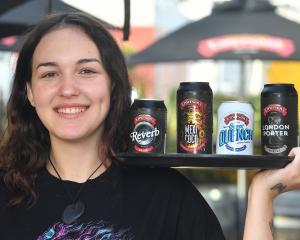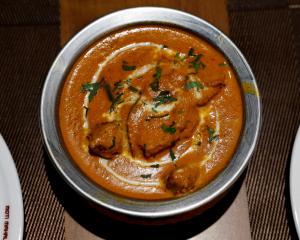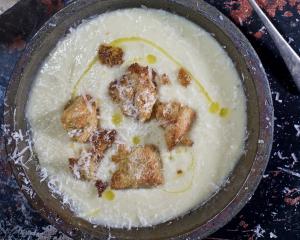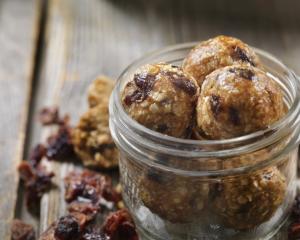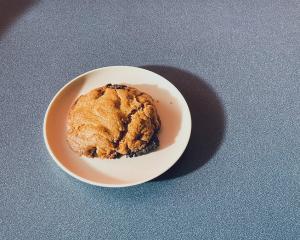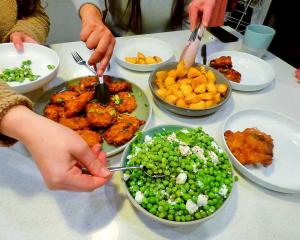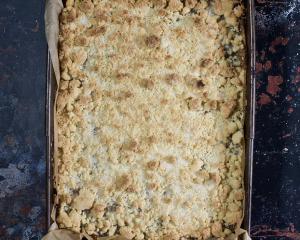Throughout Otago, people with a love of food and fresh produce are turning out amazing products. For some it is just a hobby; for others it has turned into their livelihood. Helena de Reus reports.
He has farmed near the small South Otago township of Waipahi since 1983, and owns the 1000ha Marama Organic Farm with his partner, Giselle McLachlan, and his brother, Ian.
The sheep farm has been organic for the past eight years, after Mr Clarke heard a talk by a biological farming advocate, and decided the benefits outweighed the challenges.
''It's all about human health through nutrition and also our own health.''
Changing 30 years of farming habits was a challenge.
''Habits were hard to break. We were lucky not to be as chemically oriented as some. If we could drench less without compromising production, we did.''
It was a big learning curve discovering that so many products he had relied on for 30 years were off limits.
''We can't use superphosphate. We can't use urea or prophylactic drenching and we don't spray weeds with Roundup.''
There were plenty of natural alternatives, from seaweed fertiliser to homeopathic treatments for animal health.
The bulk of the farm's 4000 sheep are Wairere Romney, with some Texel introduced.
''We try to have 90% feeding and 10% breeding.''
Most of their meat is supplied to Silver Fern Farms, but they do sell direct to a small number of customers through their website. Ms McLachlan said they sold their meat across the country, most of their customers being based north of Christchurch.
They hoped to build up the brand, and create more interest in the benefits of more nutritious food, Ms McLachlan said.
The couple also eat fresh produce from their garden, including salad and cooking greens, peas and berries galore. They also grow potatoes, artichokes, yams, many different varieties of tomatoes and lots of wild flowers and herbs.
''The only reason to be farming is because we are growing nutritious food for people. Otherwise farming is just a recreational pursuit,'' Mr Clarke said.
Barbecued organic rolled shoulder
Turn the barbecue down to slow-medium and place the shoulder on the grill if you have one.
Turn it every 15 minutes for about one and a-half hours until cooked through and juicy. Keep an eye on the temperature; it should not be too hot or the netting will burn to a crisp (and the meat likewise).
Keep the hood down if you can - but if you do not have one, use a simple loaf tin or similar to cover the shoulder. It will steam beautifully.
When ready, remove the netting and slice - simple and delicious. Add seasoning if you want to.
Serve with a fresh salad, using as many ingredients as you can from your garden or an organic grower. Use large handfuls of fresh green leaves. Tear these into small pieces and add a handful of sunflower or pumpkin seeds, the juice of a lemon, and a good gulp of olive or flaxseed oil.

